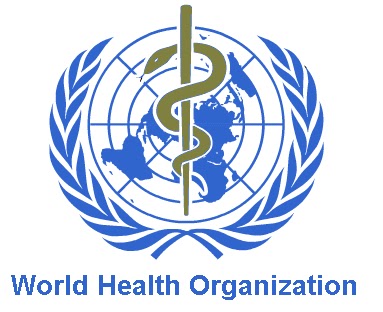The World Health Organisation, WHO, yesterday raised the alarm over urban air pollution sustained rise at an alarming rate, saying that over 3 million premature deaths are recorded worldwide every year. The Global health body also warned that more than 80 percent of people living in urban areas that monitor air pollution are exposed to air quality levels that exceed WHO limits. In its latest urban air quality database, WHO noted that while all regions of the world are affected, populations in low-income cities are the most impacted. According to the report, 98 percent of cities in low- and middle income countries with more than 100 000 inhabitants do not meet WHO air quality guidelines.
The report which compared a total of 795 cities in 67 countries for levels of small and fine particulate matter between 2008-2013 revealed that global urban air pollution levels increased by 8 percent, despite improvements in some regions. The highest urban air pollution levels were experienced in low-and middle-income countries in WHO’s Eastern Mediterranean and South-East Asia Regions, with annual mean levels often exceeding 5-10 times WHO limits, followed by low-income cities in the Western Pacific Region.
“In the African Region urban air pollution data remains very sparse, however available data revealed particulate matter (PM) levels above the median. The database now contains PM measurements for more than twice as many cities than previous versions, the report disclosed. Reacting to the report, WHO Director, Department of Public Health, Environmental and Social Determinants of Health, Dr Maria Neira said: “Urban air pollution continues to rise at an alarming rate, wreaking havoc on human health.” Neira who noted that awareness is on the increase added that when air quality improves, global respiratory and cardiovascular-related illnesses will decrease.
“Most sources of urban outdoor air pollution are well beyond the control of individuals and demand action by cities, as well as national and international policymakers to promote cleaner transport, more efficient energy production and waste management. “More than half of the monitored cities in high-income countries and more than one-third in low- and middle-income countries reduced their air pollution levels by more than 5 percent in five years.
Neira stressed that reducing industrial smokestack emissions, increasing use of renewable power sources, like solar and wind, and prioritising rapid transit, walking and cycling networks in cities are among the suite of available and affordable strategies. “It is crucial for city and national governments to make urban air quality a health and development priority,” WHO’s Dr Carlos Dora added. Dora further stated that “when air quality improves, health costs from air pollution-related diseases shrink, worker productivity expands and life expectancy grows.
Reducing air pollution also brings an added climate bonus, which can become a part of countries’ commitments to the climate treaty.” WHO Assistant-Director General, Family, Women and Children’s Health, Dr. Flavia Bustreo also stated that air pollution is a major cause of disease and death.
According Bustreo, “It is good news that more cities are stepping up to monitor air quality, so when they take actions to improve it they have a benchmark. When dirty air blankets our cities the most vulnerable urban populations—the youngest, oldest and poorest—are the most impacted.”

